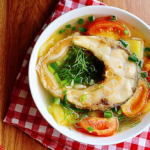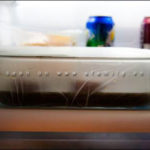Deer meat is a delicacy with a rich, savory flavor and high nutritional value. But how do you prepare deer meat properly to avoid any unpleasant odors? This guide will provide you with the necessary tips and tricks to ensure your deer meat dishes turn out perfectly.
1. Important Considerations for Preparing Deer Meat
Use Properly Handled Deer Meat
- Only use deer meat that has been professionally butchered, skinned, packaged, and refrigerated.
- It is essential to age the meat for approximately 10-14 days after butchering to improve tenderness, reduce gamey flavors, and enhance overall palatability.
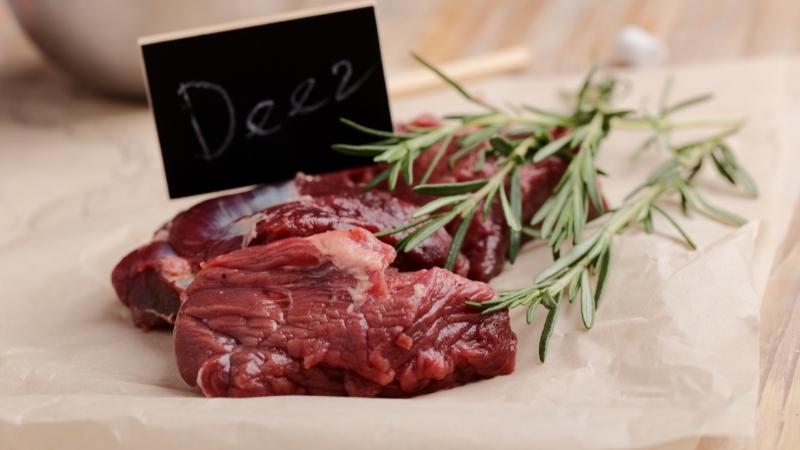 Ensure the deer meat is properly handled
Ensure the deer meat is properly handled
Trim All Visible Fat
- Deer fat is not known for its pleasant taste or contribution to the meat’s texture, so use a sharp knife to meticulously trim away all visible fat before cooking.
- There is a thin membrane on the outer surface of the deer meat that, while tasteless, is best removed as thoroughly as possible to improve the meat’s flavor and ease of preparation.
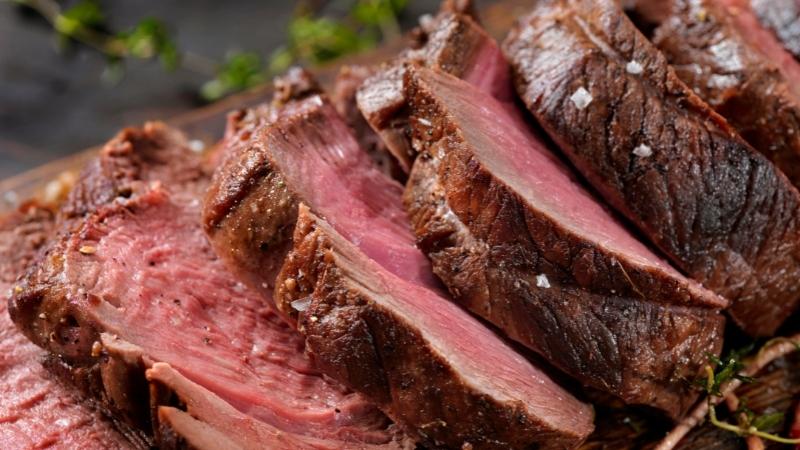 Trim away all visible fat
Trim away all visible fat
2. Effective Marinades to Eliminate Gamey Odor
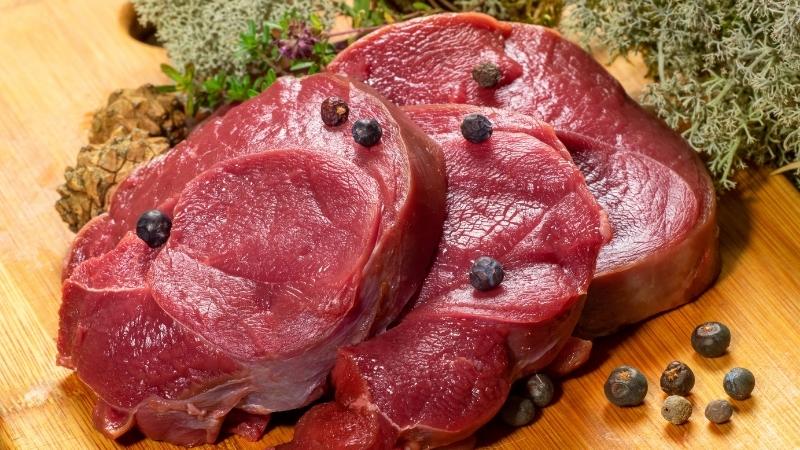 Explore different marinade options to enhance your deer meat dishes
Explore different marinade options to enhance your deer meat dishes
Simple Italian Dressing Marinade
A straightforward and effective marinade can be made using Italian salad dressing, or you can create your own by combining half a cup of vinegar, half a cup of olive oil, one teaspoon of brown mustard, one clove of minced garlic, and one teaspoon of Italian seasoning (or a combination of marjoram and wild basil).
Hearty BBQ Marinade
For a more robust flavor, finely chop or mince three to four cloves of garlic and onions, and sauté them in a pan. Add five tablespoons of butter and continue cooking until the garlic and onions become translucent. Then, add one or two cups of tomato sauce, half a cup of apple cider, half a cup of apple cider vinegar, half a cup of brown sugar, and two tablespoons of Worcestershire sauce.
If you’re not a fan of the gamey aroma, you can also try using citrus-based marinades, such as those containing lemon or orange juice, to counteract the scent.
Replacing Trimmed Deer Fat with Alternative Fats
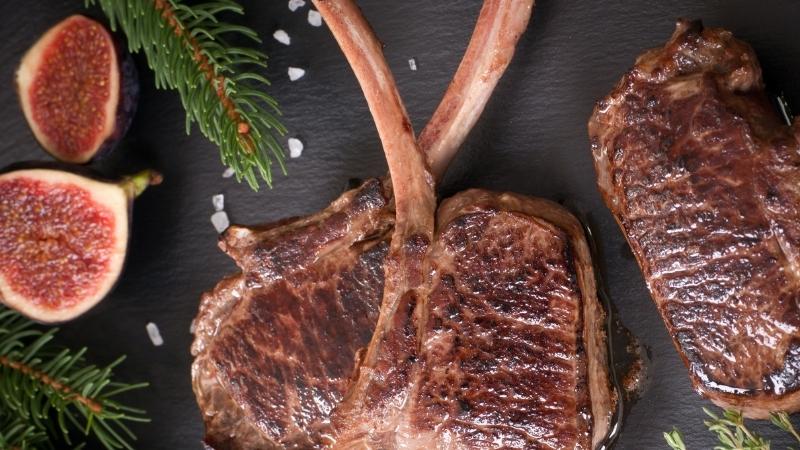 Deer meat can be incredibly flavorful when prepared correctly
Deer meat can be incredibly flavorful when prepared correctly
Method 1: External Application of Fat
This method works best when grilling or roasting deer meat. After turning the meat over, use a brush to apply melted butter or olive oil to the surface of the meat. This helps to increase moisture and enhance the flavor of the deer meat.
Method 2: Inserting Fat into the Meat
This technique is ideal for thicker cuts of meat that will be roasted in the oven. Use a knife to make a few incisions in the thickest part of the meat, and then insert small pieces of pork fat or bacon into these slits.
3. Choosing the Right Cut for Your Cooking Method
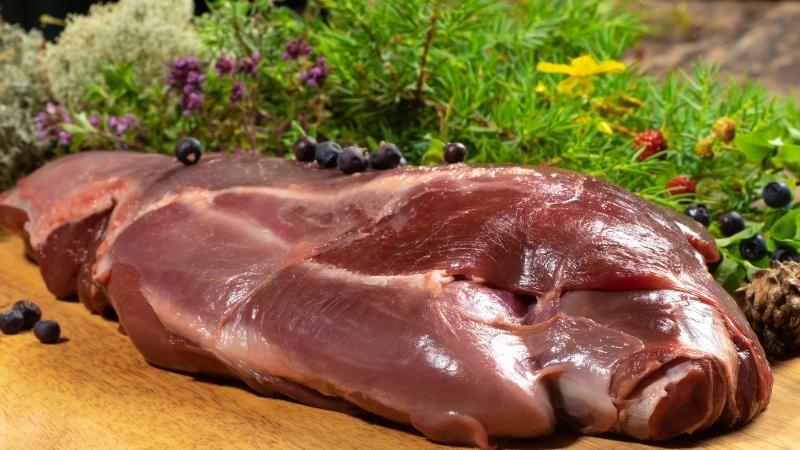 Select the right cut of deer meat for your chosen cooking method
Select the right cut of deer meat for your chosen cooking method
Different cuts of deer meat are suited to different cooking methods:
- The tenderloin is the most tender cut and can be left whole, cut into steaks, or diced for stews and stir-fries. It can be cooked to a perfect medium-rare.
- The lower part of the shank is ideal for slow-cooking methods like braising or stewing over low heat for an extended period to break down the connective tissues and create a tender dish.
- The upper part of the shank can be grilled or roasted.
- The meat from under the ribs, the belly, and the neck is best suited for stewing. These cuts can also be ground to make delicious burgers or sausages.
We hope these tips help you prepare deer meat successfully at home, ensuring it tastes wonderful without any unwanted odors.



























